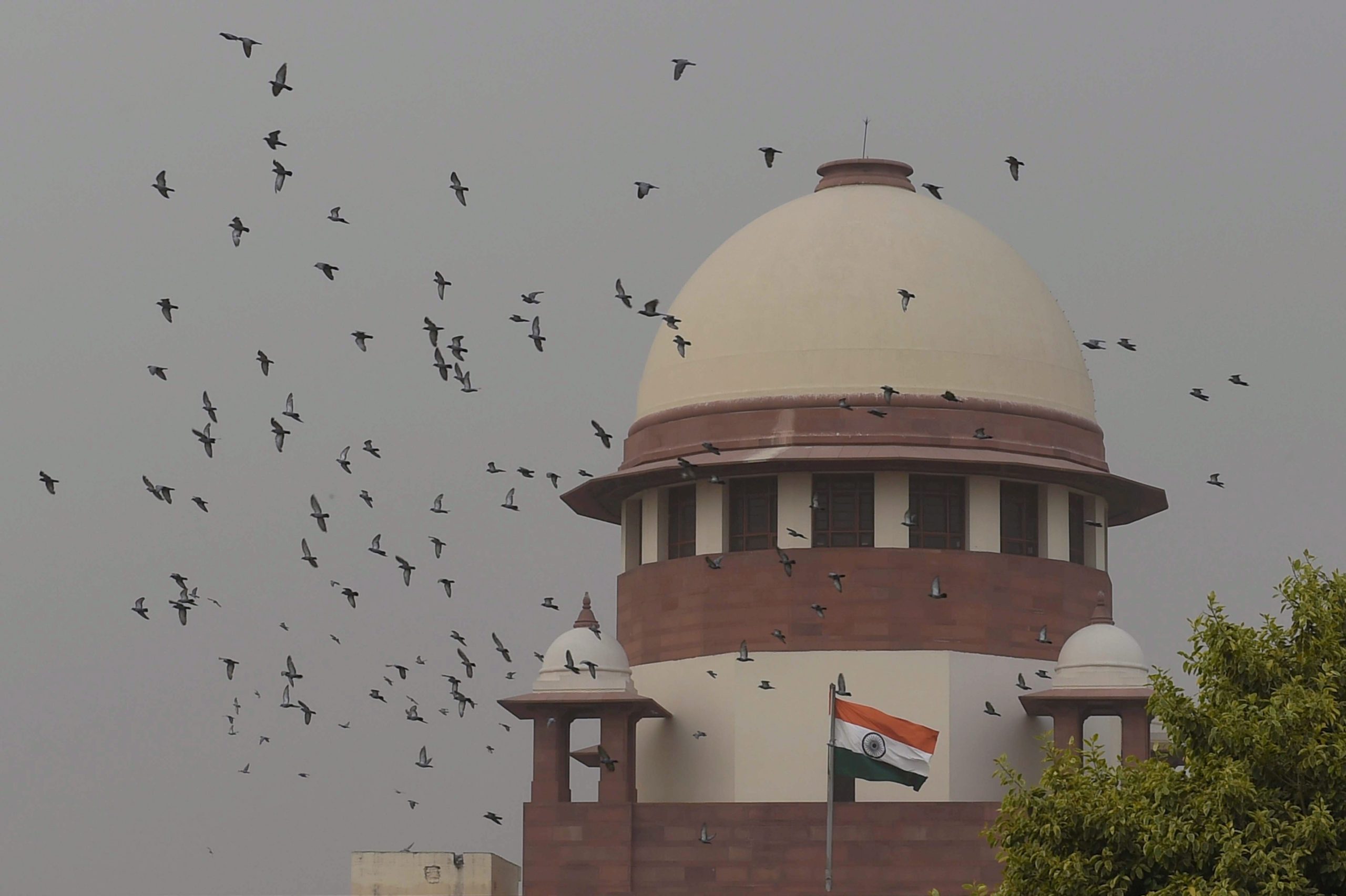NEW DELHI, Feb 13: A five-judge bench of the Supreme Court initiated proceedings on Thursday regarding a critical legal matter concerning whether courts have the authority to alter arbitral awards based on the provisions of the Arbitration and Conciliation Act of 1996.
Currently, a Constitution bench, which includes Chief Justice Sanjiv Khanna alongside justices B R Gavai, Sanjay Kumar, KV Viswanathan, and Augustine George Masih, is listening to Solicitor General Tushar Mehta, who represents the Centre.
Arbitration serves as an alternative method for resolving disputes under the Arbitration and Conciliation Act, 1996, significantly limiting court intervention in the awards issued by tribunals.
According to Section 34 of the Act, an arbitral award may be annulled only on specific grounds such as procedural mistakes, breaches of public policy, or lack of jurisdiction.
Section 37 addresses appeals linked to arbitration orders, including those that deny a request to annul an award.
Similar to Section 34, it seeks to reduce judicial interference while allowing for exceptional instances that require judicial scrutiny.
On January 23, a three-judge bench led by the Chief Justice referred this controversial issue to a larger bench.
“This court will first listen to the arguments from counsel who advocate for a reevaluation of the ruling in Project Director, NHAI vs M Hakeem, which asserts that the court possesses the ability to modify an award under Sections 34 and 37 of the Arbitration and Conciliation Act, 1996.
“Following that, this court will consider the counsel who argues against the notion that the court has the authority to modify an award under Sections 34 and 37 … In addressing this issue, the court will also clarify the extent and limits of its modification power … and if such power exists, how it may be exercised,” stated the bench.
The bench asserted that there is a pressing need for clarity on this divisive issue. This matter stems from the case titled Gayatri Balasamy v. ISG Novasoft Technologies Ltd.
Historically, courts have interpreted this section conservatively, refraining from reviewing the award’s merits to maintain the principles of finality and efficiency within arbitration.
In discussing the case, the bench acknowledged the complexity of the topic after considering the insights of senior advocate Saurabh Kirpal, who is supported by the law firm M/s Karanjawala & Co, representing the respondents.
In February 2024, a three-judge bench consisting of Justices Dipankar Datta, KV Viswanathan, and Sandeep Mehta posed several questions and subsequently referred the case to the Chief Justice for further evaluation.
One of the questions was, “Does the authority to set aside an arbitral award under Section 34 encompass the power to modify it?”
The second question inquired, “If modification is permissible, what are its limits and under what conditions?” (Agencies)


Leave a Reply